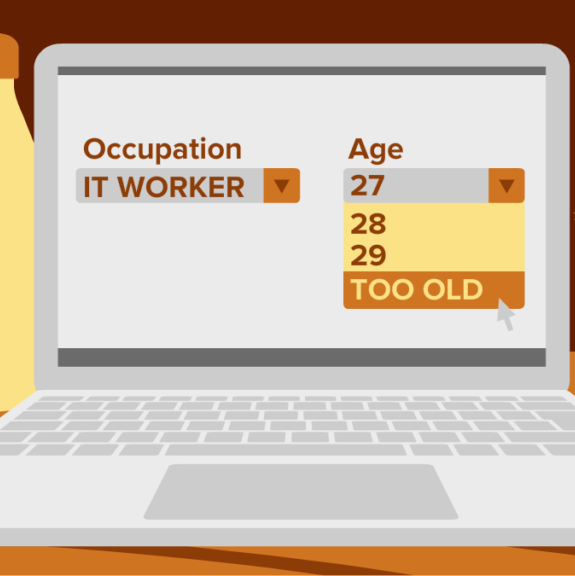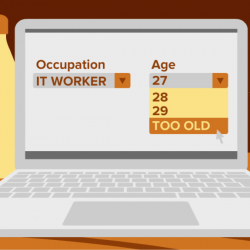To provide the best experiences, we use technologies like cookies to store and/or access device information. Consenting to these technologies will allow us to process data such as browsing behaviour or unique IDs on this site. Not consenting or withdrawing consent, may adversely affect certain features and functions.
The technical storage or access is strictly necessary for the legitimate purpose of enabling the use of a specific service explicitly requested by the subscriber or user, or for the sole purpose of carrying out the transmission of a communication over an electronic communications network.
The technical storage or access is necessary for the legitimate purpose of storing preferences that are not requested by the subscriber or user.
The technical storage or access that is used exclusively for statistical purposes.
The technical storage or access that is used exclusively for anonymous statistical purposes. Without a subpoena, voluntary compliance on the part of your Internet Service Provider, or additional records from a third party, information stored or retrieved for this purpose alone cannot usually be used to identify you.
The technical storage or access is required to create user profiles to send advertising, or to track the user on a website or across several websites for similar marketing purposes.
 Fewer than 10 percent of UK CEOs have financial incentives in place to be environmentally friendly in their business practices and thus tackle the climate change emergency, according to new research from Vlerick Business School. In fact, the researchers found that only 6 per cent of UK CEOs have in their bonus a KPI focusing on the environment, and less than one per cent have long-term incentives focused on this area. (more…)
Fewer than 10 percent of UK CEOs have financial incentives in place to be environmentally friendly in their business practices and thus tackle the climate change emergency, according to new research from Vlerick Business School. In fact, the researchers found that only 6 per cent of UK CEOs have in their bonus a KPI focusing on the environment, and less than one per cent have long-term incentives focused on this area. (more…)




































December 10, 2019
Wellbeing is increasingly in the hands of HR and the future looks bright as a result
by Chris Pinner • Comment, Wellbeing